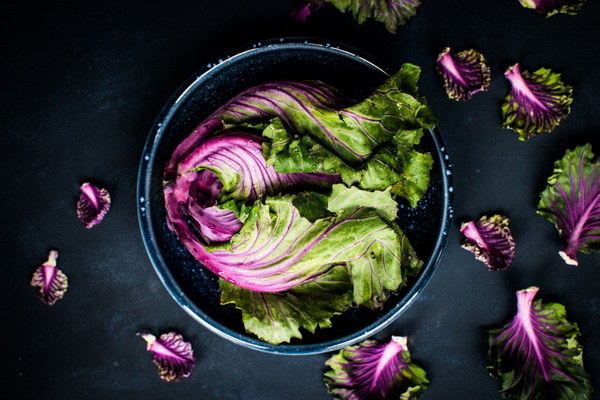Can Acupuncture Relieve Dampness Exploring Traditional Chinese Medicine's Approach to Wellness
In the realm of traditional Chinese medicine (TCM), dampness is considered a common root cause of various health issues. It's believed that when dampness accumulates in the body, it can lead to a host of symptoms, including fatigue, weight gain, and digestive problems. One of the most popular methods used to combat dampness in TCM is acupuncture. But can acupuncture really relieve dampness? Let's delve into this question and explore the science behind this ancient practice.

Firstly, it's essential to understand what dampness is in the context of TCM. In TCM, dampness is a metaphorical concept that represents excess fluid or moisture within the body. This fluid can be external, such as dampness from the environment, or internal, such as dampness resulting from poor diet, lifestyle, or an imbalance in the body's organs. When dampness accumulates, it can obstruct the body's energy flow, leading to various health issues.
Acupuncture, as a key component of TCM, aims to restore balance and harmony within the body. It involves inserting fine needles into specific points on the body to stimulate the flow of Qi (vital energy) and address underlying imbalances. The question of whether acupuncture can relieve dampness lies in its ability to regulate the body's internal environment and eliminate excess fluid.
Here are a few ways acupuncture may help alleviate dampness:
1. Stimulation of the Lymphatic System: Acupuncture needles stimulate the body's lymphatic system, which plays a crucial role in removing excess fluid and waste products. By boosting the lymphatic flow, acupuncture can help eliminate dampness and improve overall fluid balance.
2. Regulation of the Kidneys: According to TCM, the kidneys are responsible for fluid balance and waste elimination. Acupuncture points related to the kidneys can help regulate their function, thereby reducing dampness accumulation.
3. Promoting Digestive Function: Poor digestion can lead to the production of dampness. Acupuncture can stimulate the digestive system, helping to break down food more efficiently and reduce dampness buildup.
4. Balancing the Spleen: In TCM, the spleen is responsible for transforming and transporting nutrients, including fluids. An imbalanced spleen can lead to dampness accumulation. Acupuncture points associated with the spleen can help restore its function and reduce dampness.
5. Enhancing Blood Circulation: Improved blood circulation can help remove excess fluid from the body, thereby alleviating dampness. Acupuncture stimulates blood flow by increasing the production of endorphins and other neurotransmitters.
While the scientific evidence supporting the effectiveness of acupuncture in treating dampness is limited, many individuals have reported positive outcomes. A study published in the Journal of Alternative and Complementary Medicine found that acupuncture improved symptoms of chronic fatigue syndrome, which is often associated with dampness in TCM.
It's important to note that acupuncture is not a standalone treatment for dampness. A holistic approach that includes dietary changes, lifestyle adjustments, and other TCM practices is often recommended to achieve the best results.
In conclusion, while the concept of dampness in TCM may seem abstract, the use of acupuncture as a treatment for dampness has a logical basis in the principles of TCM. While more research is needed to fully understand the mechanisms behind acupuncture's effectiveness in treating dampness, the anecdotal evidence and scientific studies suggest that it can be a valuable component of a comprehensive treatment plan. If you're experiencing symptoms of dampness, consider exploring acupuncture as a possible solution to help restore balance and improve your overall well-being.









